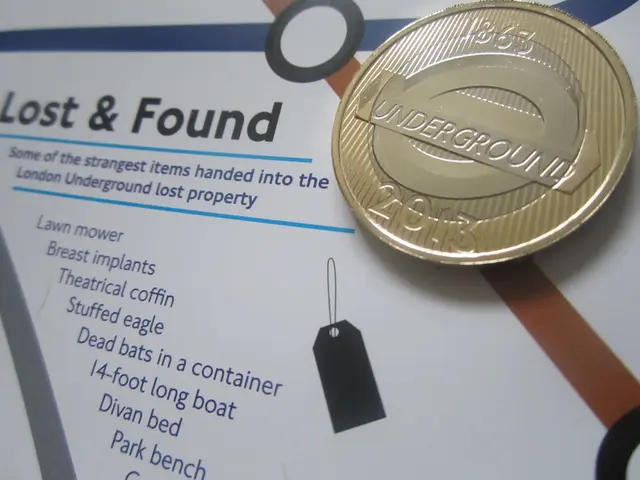Tanzania Announces New Rules for Approving Satellite Landing Permissions
In a significant move for the satellite communications industry, the Tanzania Communications Regulatory Authority (TCRA) has published guidelines for satellite landing rights authorization. These guidelines, effective as of July 2025, aim to establish a structured regulatory framework that ensures control over national space communications infrastructure, safeguards spectrum resources, and promotes collaboration between foreign satellite providers and local operators [1][2][5].
Foreign satellite operators seeking to sell satellite capacity to licensed Tanzanian operators must obtain Landing Rights Authorization from the TCRA. This authorization is mandatory and does not permit direct service to end-users, ensuring that only licensed local entities provide consumer-facing services [1][3].
The TCRA's guidelines outline key specific requirements for foreign operators. Application submission can be made directly by the operators or through their respective national administrations [1]. A completed application form is required for satellite authorization in Tanzania [6].
Operators are also required to partner with licensed Tanzanian operators to facilitate technology transfer and comply with national regulations [1][4]. This partnership ensures efficient spectrum utilization and ongoing interference management to ensure the integrity of the satellite services within Tanzanian territory [3].
Moreover, satellite network operators (SNOs) must enter into formal agreements with licensed Mobile Network Operators (MNOs) in Tanzania as part of the authorization conditions [4]. These agreements are crucial for the smooth operation of satellite services within the country.
It is worth noting that the guidelines apply to both geostationary orbit (GSO) networks and non-geostationary orbit (Non-GSO) systems. GSO networks are granted authorization for fifteen years or the satellite's lifespan, whichever comes first, and are renewable. On the other hand, Non-GSO systems are granted authorization for five years or the satellite's lifespan, whichever comes first, and are also renewable [7].
Applicants must provide proof of licensing in their home country and evidence of compliance with International Telecommunication Union (ITU) coordination procedures or Advance Publication Information filings [8]. Once authorized, holders must maintain accurate technical and operational records and a database of all licensed operators in Tanzania to whom satellite capacity is provided [9].
Certain services, such as safety, amateur satellite, meteorological, earth exploration, radio astronomy, radio navigation, and space research services, are exempt from the requirement [10].
By balancing openness with oversight, these guidelines position Tanzania as a regional leader in satellite communications regulation, supporting the country’s digital transformation goals [1][2][5]. For more information, the full guidelines for satellite landing rights authorization within Tanzania can be found on the TCRA website.
- The satellite industry must adhere to the TCRA's guidelines for satellite landing rights authorization, which mandate partnerships with licensed Tanzanian operators to facilitate technology transfer and comply with national regulations, ensuring that these operators sell satellite capacity to end-users while maintaining conformity with international regulations.
- To secure satellite capacity sales in Tanzania, foreign operators must abide by the TCRA's guidelines, which include submitting a completed application form, maintaining accurate technical and operational records, and providing proof of home country licensing and compliance with ITU coordination procedures or Advance Publication Information filings.




